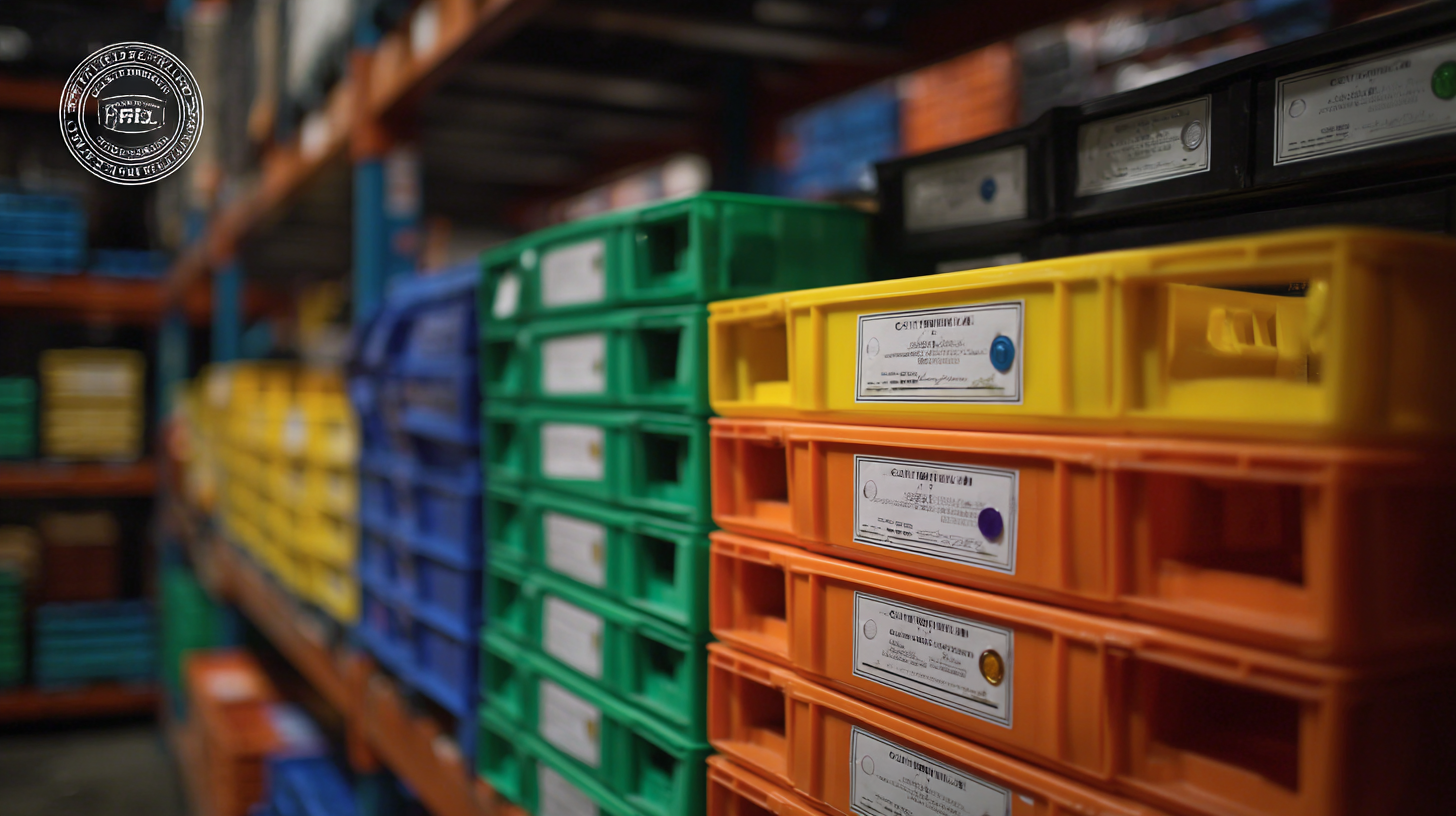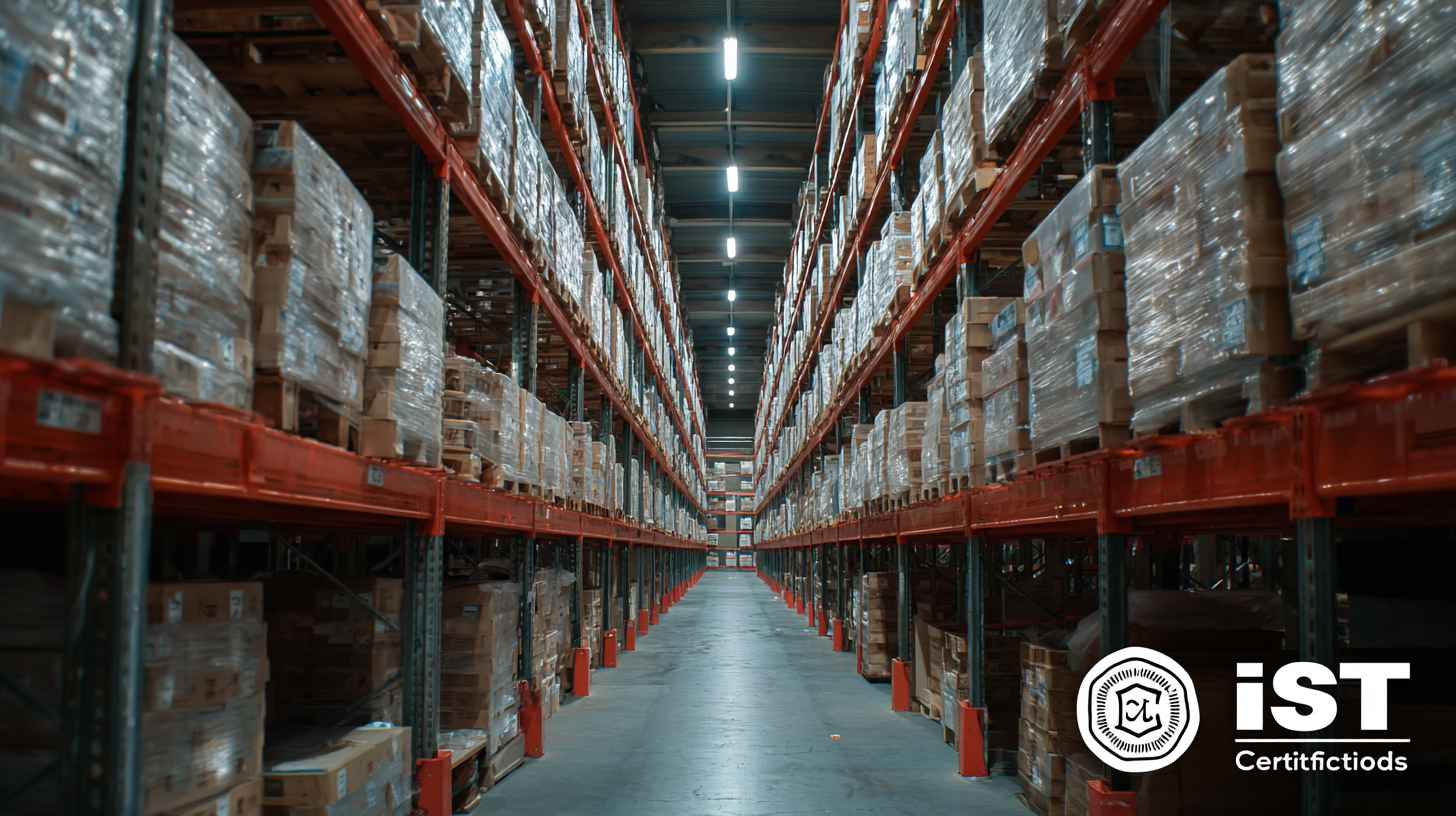Ensuring Global Compliance for Best Storage Trays A Guide to Import Export Certifications
In today's global market, the importance of compliance with import-export certifications cannot be overstated, especially for products like storage trays. These essential items are utilized across various industries, from food service to pharmaceuticals, necessitating strict adherence to not only local but also international regulations. As businesses look to expand their reach and tap into new markets, understanding the alternatives for ensuring compliance becomes critical.

This guide will explore the key aspects of import-export certifications related to storage trays, providing insights into the different types of certifications available, the implications of non-compliance, and strategies for businesses to achieve best practices in their supply chains. By focusing on compliance, manufacturers and distributors can enhance their credibility, reduce risks, and ensure that their products meet the varying standards required by consumers and regulations worldwide.
Understanding Import Export Certifications for Storage Trays
When importing or exporting storage trays, understanding the necessary certifications is crucial to ensure compliance with global standards. Different countries have varying regulations that dictate the required certifications for products, including safety, material composition, and environmental impact. For instance, certain regions might mandate ISO certifications to guarantee the quality and reliability of the storage trays, while others may require compliance with specific health and safety norms to protect consumers.
Navigating the complexities of import-export certifications can be daunting, but it is essential for maintaining market access and protecting your brand's reputation. Companies should conduct thorough research to understand the certification requirements applicable to their target markets. Engaging with local regulatory bodies and industry experts can provide valuable guidance, ensuring that all certifications are obtained before shipment. By prioritizing compliance, businesses can achieve smoother transactions and foster stronger relationships with international partners.
Ensuring Global Compliance for Best Storage Trays - A Guide to Import Export Certifications
| Certification Type | Description | Applicable Regions | Validity Period |
|---|---|---|---|
| ISO 9001 | Quality Management System | Global | 3 years |
| CE Marking | Conformity with Health, Safety, and Environmental Protection Standards | European Union | Indefinite (subject to review) |
| FDA Compliance | Regulatory Compliance for Food Contact Materials | United States | Indefinite (subject to changes) |
| RoHS | Restriction of Hazardous Substances | European Union | Indefinite (subject to validation) |
| BPA Free Certification | Assurance of No Bisphenol A in Products | Global | 3 years |
Key Certifications Required for Storing and Transporting Goods
When it comes to storing and transporting goods globally, compliance with specific certifications is essential. Whether you are dealing with food items, pharmaceuticals, or industrial materials, each category has its own set of requirements that ensure safety and maintain quality during transit. For instance, the Food and Drug Administration (FDA) provides guidelines for food storage equipment, while the International Organization for Standardization (ISO) outlines standards for quality management systems and product safety. Understanding these certifications is crucial for businesses aiming to expand their operations internationally.
Additionally, companies must navigate regulations such as the Hazard Analysis and Critical Control Points (HACCP) and the Occupational Safety and Health Administration (OSHA) standards, which are vital in industries where safety is paramount. These certifications not only enhance a brand's credibility but also minimize the risk of costly fines and product recalls. By partnering with certified carriers and storage providers, businesses can ensure that they are meeting all necessary regulatory requirements, thus boosting their reputation and operational efficiency in the competitive global market.

Step-by-Step Guide to Navigating Global Compliance Standards
Navigating global compliance standards can seem daunting, especially when it comes to importing and exporting storage trays. The first step in this intricate process involves understanding the specific regulations that apply in your target markets. Each country has its own set of compliance requirements related to materials, safety, and environmental impact. Proactively researching these standards not only ensures compliance but also positions your products favorably within the market.
Once you’ve pinpointed the necessary regulations, the next phase involves obtaining the appropriate certifications. This could include compliance with international standards such as ISO, as well as country-specific certifications that verify safety and quality. Engaging with certification bodies early on can streamline this process, allowing you to address any potential gaps in compliance before they become costly setbacks. By following a structured approach to certification and compliance, businesses can enhance their marketability and establish trust with consumers globally.
Global Compliance for Best Storage Trays: Import Export Certifications
This chart illustrates the percentage of compliance certifications required for storage trays across various regions worldwide. Understanding these compliance standards is essential for businesses involved in import and export activities.
Common Challenges in Import Export Certifications and How to Overcome Them
Navigating the complexities of import-export certifications poses significant challenges for businesses involved in storing and transporting goods such as storage trays. One of the primary hurdles is the varying regulations across countries. According to a report by the World Trade Organization, around 70% of businesses encounter regulatory compliance issues when expanding internationally, leading to delays and increased costs. Understanding the specific certifications required in each jurisdiction is critical to avoiding these pitfalls.
Another major challenge is keeping up with evolving standards and compliance protocols. The International Organization for Standardization (ISO) highlights that over 50% of companies struggle with adapting to new compliance requirements, which can be especially taxing for small to medium-sized enterprises with limited resources. To overcome this, companies can invest in specialized training programs or compliance management software, which can streamline the certification process and help maintain up-to-date knowledge of regulatory changes. By implementing these strategies, businesses can not only ensure compliance but also foster a more efficient import-export operation.
Best Practices for Maintaining Compliance in the Storage Industry
 In the storage industry, maintaining compliance with global regulations is crucial for the successful import and export of storage trays. One of the best practices involves staying updated with the relevant international standards that govern materials and safety protocols. Regular training sessions for staff on compliance requirements not only enhance understanding but also foster a culture of accountability. Companies should invest in comprehensive audits to assess their processes against these standards, identifying any gaps that may lead to compliance issues.
In the storage industry, maintaining compliance with global regulations is crucial for the successful import and export of storage trays. One of the best practices involves staying updated with the relevant international standards that govern materials and safety protocols. Regular training sessions for staff on compliance requirements not only enhance understanding but also foster a culture of accountability. Companies should invest in comprehensive audits to assess their processes against these standards, identifying any gaps that may lead to compliance issues.
Another essential aspect of ensuring compliance is the documentation of all import-export activities. This includes maintaining records of certifications, customs declarations, and compliance checks. Creating a centralized repository for these documents streamlines the retrieval process during audits and significantly reduces the risk of oversight. Additionally, fostering relationships with trusted suppliers who also prioritize compliance can alleviate risks associated with non-compliant materials entering the supply chain. By implementing these best practices, storage companies can navigate the complexities of global regulations effectively and maintain their reputation in the marketplace.
